Table of Contents
- 5G Network: What it is and when we can expect it
- 5g技术为什么还不普及 5g到底是不是噱头_网络_华为_套餐
- What is 5G Network? || Everything you Need to Know - TechSathi
- Know the Differences Between 4G and 5G
- 5G Network In Africa | TechPression
- 5G, The Design of wireless technology from 1G to 5G
- A First Look at 5G Network | Computer Troubleshooters
- 究竟5G网络到底离我们还有多远?
- 5G 图
- 5G versus previous generation networks - discover the differences

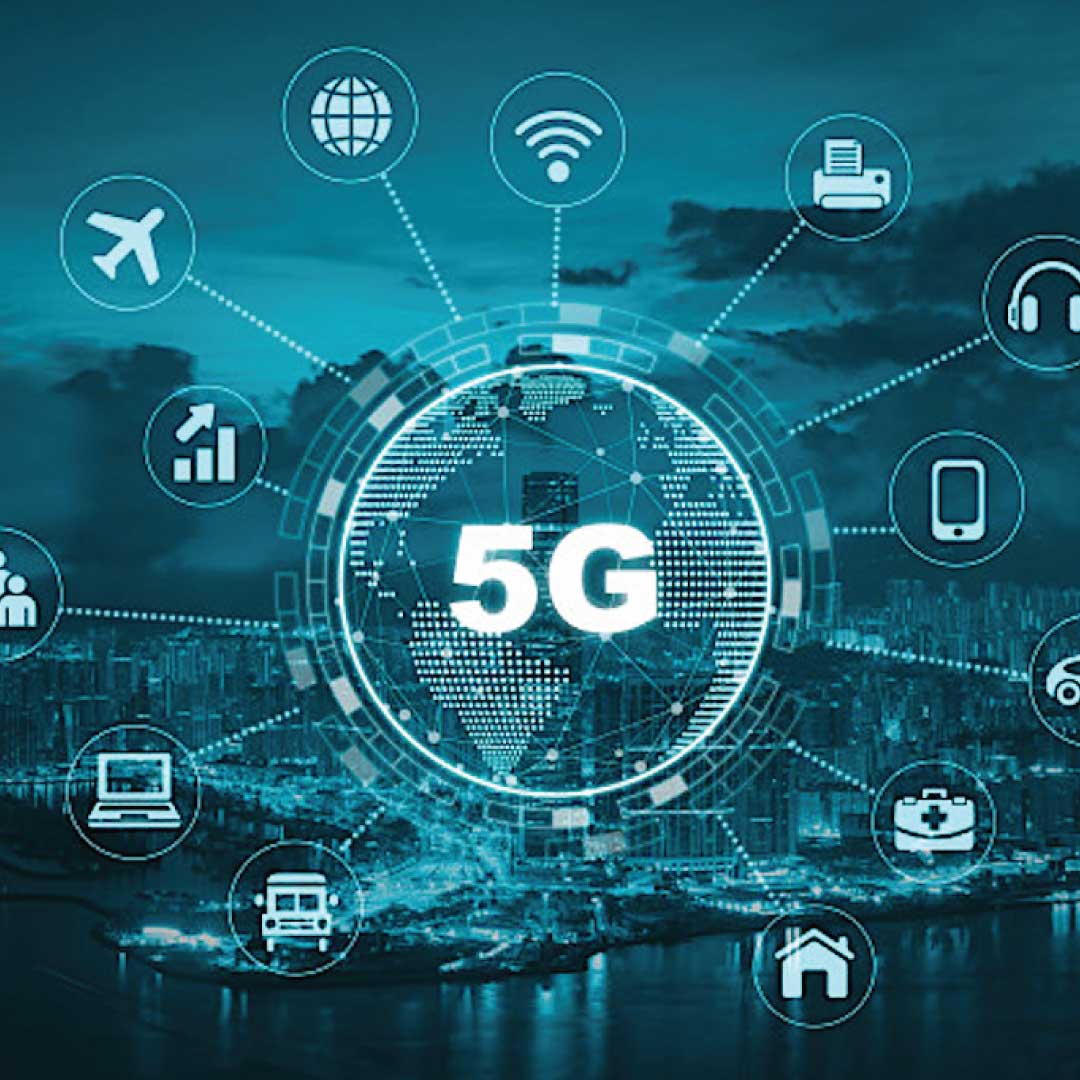

What is 5G?
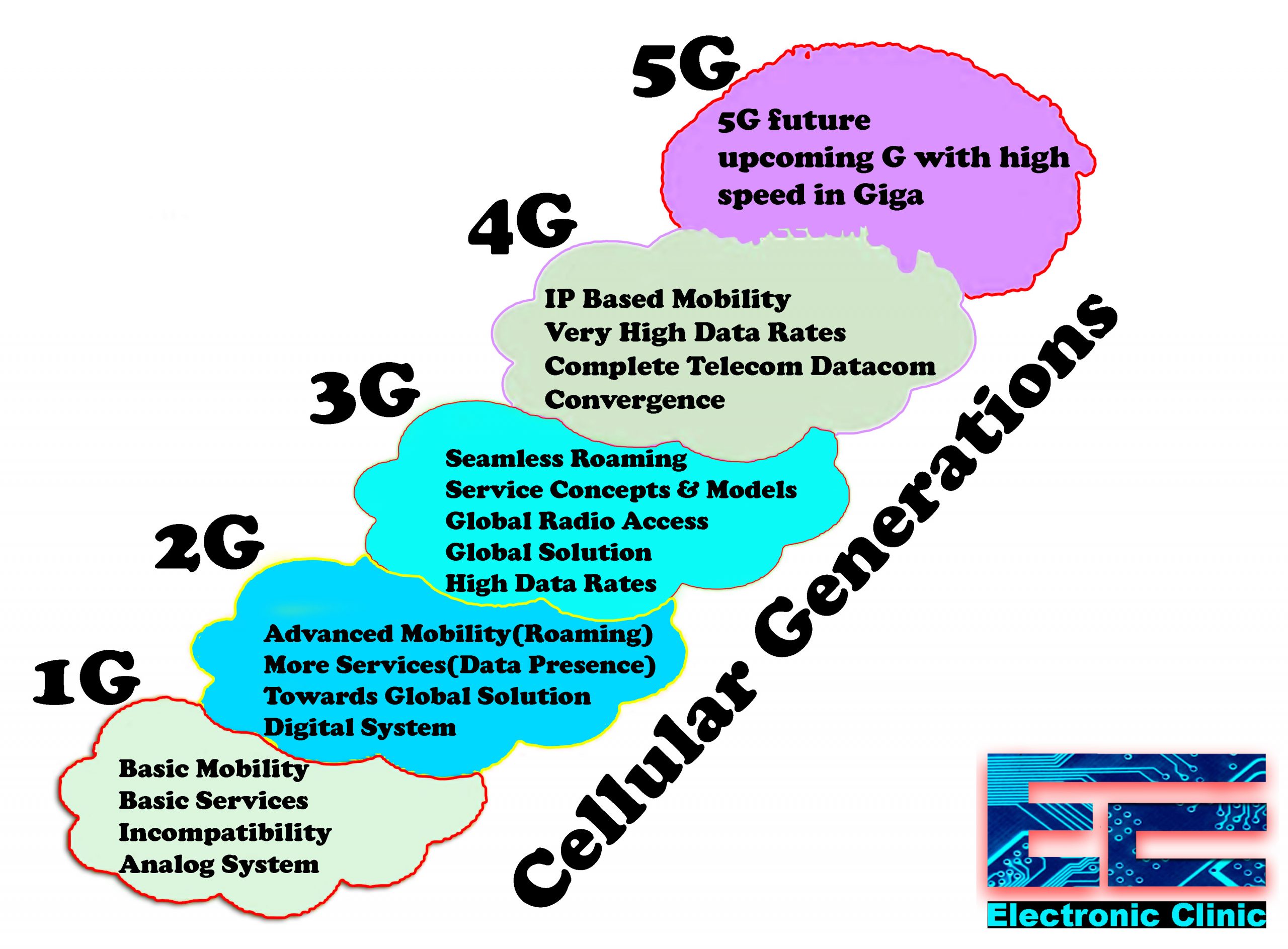
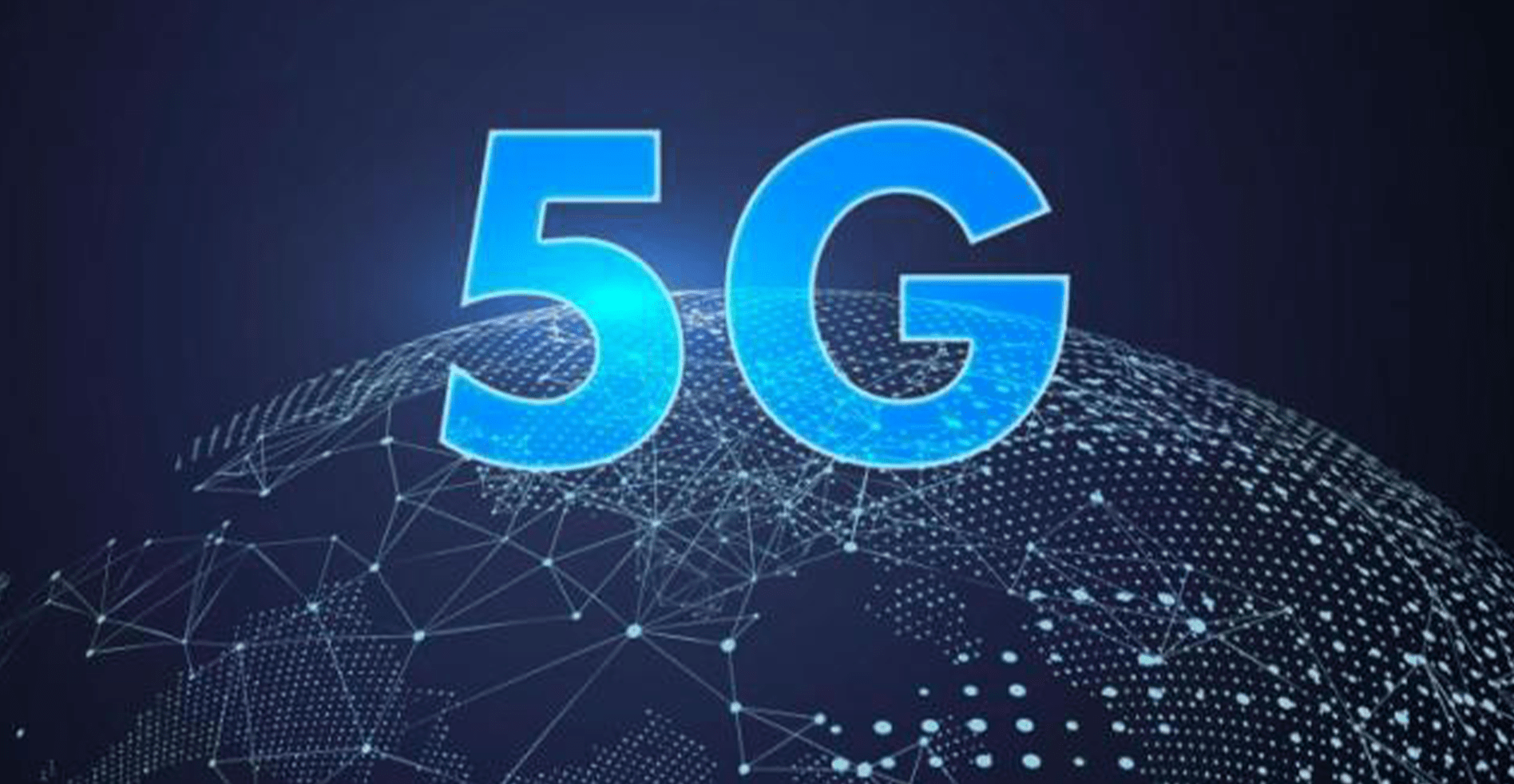
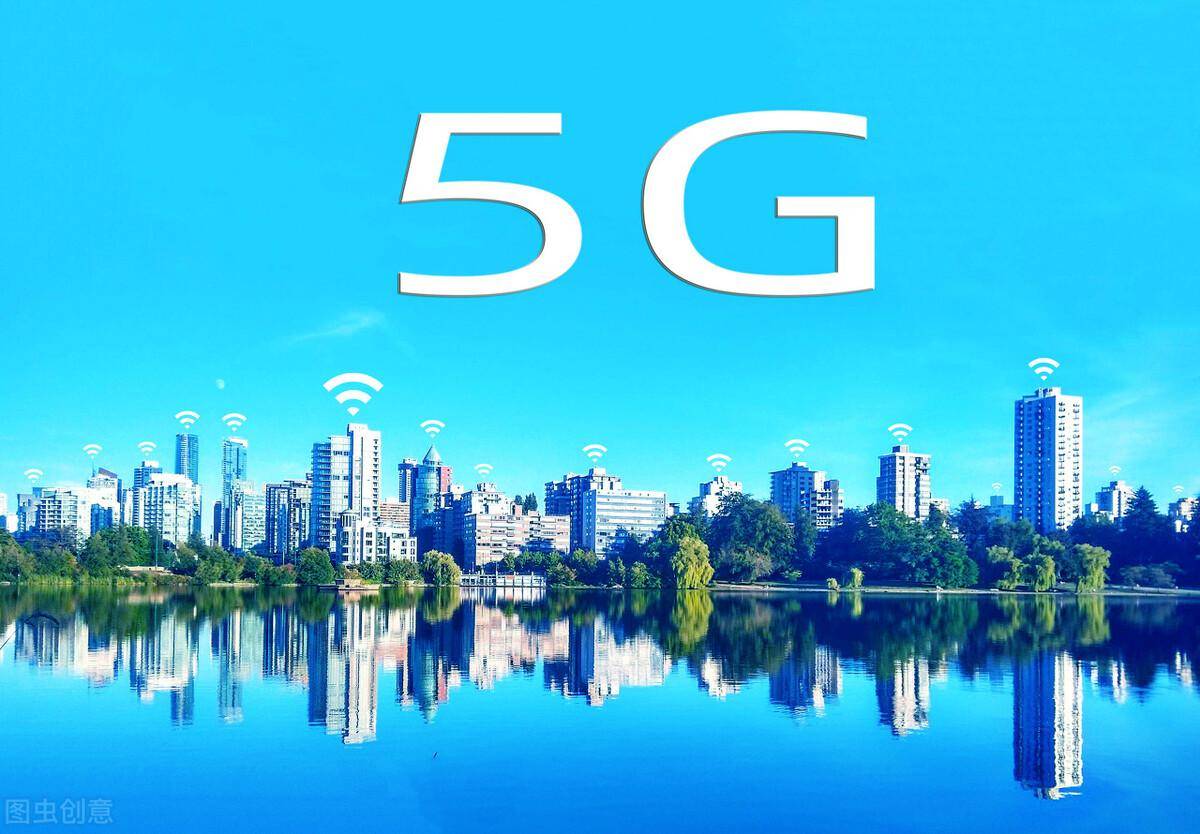
Key Features of 5G

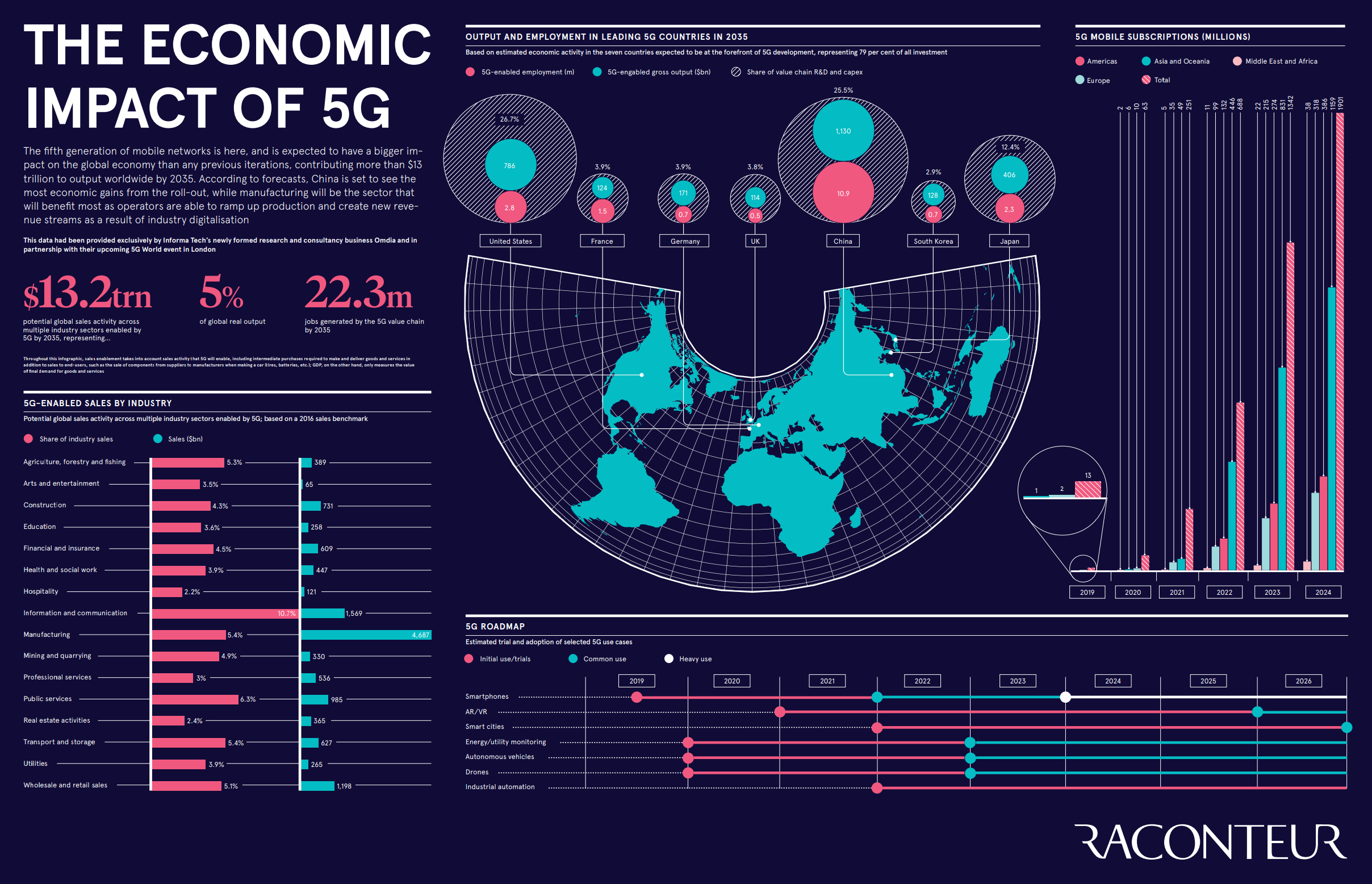
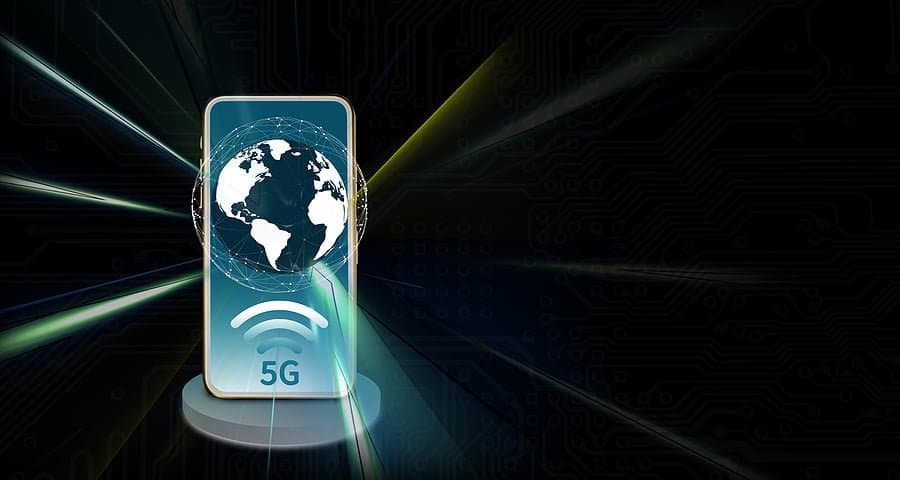
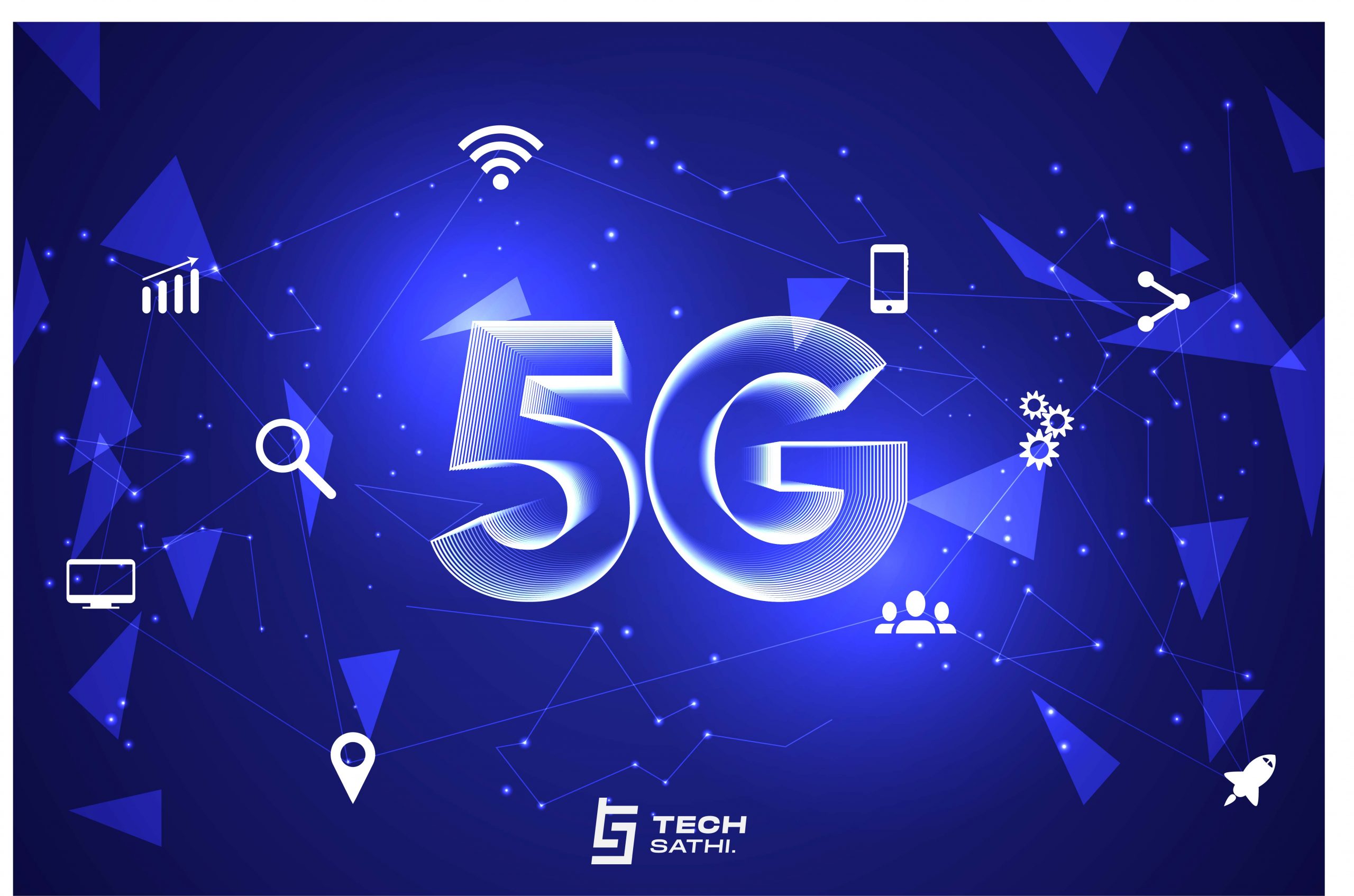
Applications of 5G
The possibilities of 5G are endless, and its applications extend far beyond just faster internet speeds. Some of the exciting use cases of 5G include: Smart Cities: 5G can enable smart city infrastructure, such as intelligent transportation systems, smart energy management, and public safety applications. Industrial Automation: 5G can enable industrial automation, allowing for real-time monitoring and control of machinery and equipment. Healthcare: 5G can enable remote healthcare services, such as telemedicine and remote patient monitoring. Entertainment: 5G can enable immersive entertainment experiences, such as virtual and augmented reality. In conclusion, 5G is a game-changing technology that promises to revolutionize the way we live, work, and communicate. With its faster speeds, lower latency, and greater connectivity, 5G has the potential to enable a wide range of applications and use cases that can transform industries and improve our daily lives. As the world continues to adopt 5G, we can expect to see exciting innovations and breakthroughs that will shape the future of wireless technology.Source: TechTarget
Note: This article is optimized for search engines with relevant keywords, meta descriptions, and header tags. The content is informative, engaging, and provides valuable insights into the world of 5G technology.